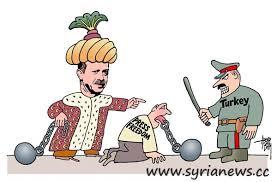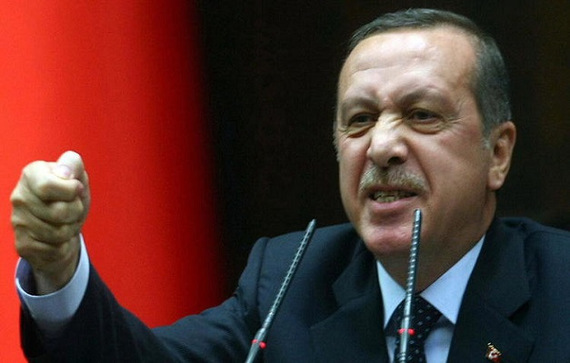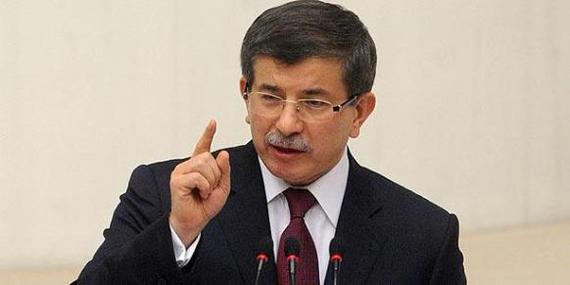It is not a secret that the Turkish government suppresses the media, but the tools they invent to punish the free press are pushing boundaries. President Recep Tayyip Erdogan first started with creating his own media mouthpiece to manipulate public opinion. Mr. Erdogan has direct control over seven national newspapers and 12 national TV stations, says Yavuz Baydar, a prominent journalist and former president of the Organization of News Ombudsmen (ONO). Cohorts in pro-government media worked hard to justify the government actions, but the ruling Justice and Development Party (AKP) had no forbearance to any dissident voice. So, the government used various tools like threatening media owners with skyrocketing tax penalties. As his thirst for control is not satisfied with silencing critical media, Mr. Erdogan implanted at least one mock journalist, or press commissary, into almost every single critical news outlet. This unspoken yet systematic practice was revealed by the now infamous "Alo Fatih," or "Hello Fatih" hotline leak which was also confirmed by then-Prime MinisterErdoğan.
Mr. Erdogan's government improperly used its power over media to limit public debate especially after the notorious Gezi protests in 2013. Since then hundreds of journalists, including myself, have lost their jobs at traditional news outlets under government pressure. The poor state of press freedom in Turkey did not go unnoticed by international press watchdogs. Turkey's press freedom status declined from "partly free" to "not free" in 2014 after journalists were harassed and assaulted for covering anti-government protests in 2013, reports Freedom House.
Denouncing Journalists
In the situation that Mr. Erdogan has no control over a particular media outlet, he then targets the individual journalist in his public speeches.
Mr. Erdoğan lately denounced Ceylan Yeginsu of The New York Times, Amberin Zaman of The Economist, and Rengin Arslan and Selin Girit of the BBC, all of whom are women journalists working for renowned international media companies. These are only a few examples that had chance to find a place in the international media. There is a systematic suppression towards journalists in Turkey, either by threatening or discrediting them. Turkey, ranked 154th out of 185 countries, continues to be one of the world's biggest jailers of journalists, Reporters Without Borders stated in their 2014 report.
Still there are a handful of newspapers and television stations who dare to express criticisms against President Erdogan and the AKP government now led by PM Ahmet Davutoglu, appointed as prime minister by Mr. Erdogan when he left the post for the presidency. Although Mr. Davutoglu came to power with a bit of hope to encourage democratic steps, or at least find a better tone of communication with both public and the media, he furthered what he inherited from Mr. Erdogan.
Mr. Davutoglu now bans journalists working for critical media from entering ministerial buildings with a practice called "accreditation." This insidious practice was first applied to Presidential Palace in Çankaya by Mr. Erdogan when he assumed the presidency in August this year. Mr. Erdogan used this accreditation policy in his all press meetings, public speeches and receptions. From this week on Mr. Davutoglu has widened the unlawful practice to all ministerial buildings.
How Accreditation is Applied?
Since banning a journalist holding a valid press card to follow the prime minister's press meeting would create legal problems, the accreditation process is silently applied by security officers at the entrance doors of related building. Neither the Prime Minister's office nor other ministries invite or inform journalists working for critical media. And if they happen to go to the particular public building where the press meeting is being held, they are not allowed to enter the building by security. When asked by phone, press officials do confirm the practice but neither publicly declare it nor answer any written questions.
Actually Turkish media was first introduced with accreditation policy during the period of military tutelage in 1997. From then on, especially during the first AKP government, the democratization process gradually outweighed military pressure and the shameful accreditation policy came to an end. Today this unlawful censorship policy towards press freedom silently rises from the grave in the hands of those who had buried it into the ash heap of history.



